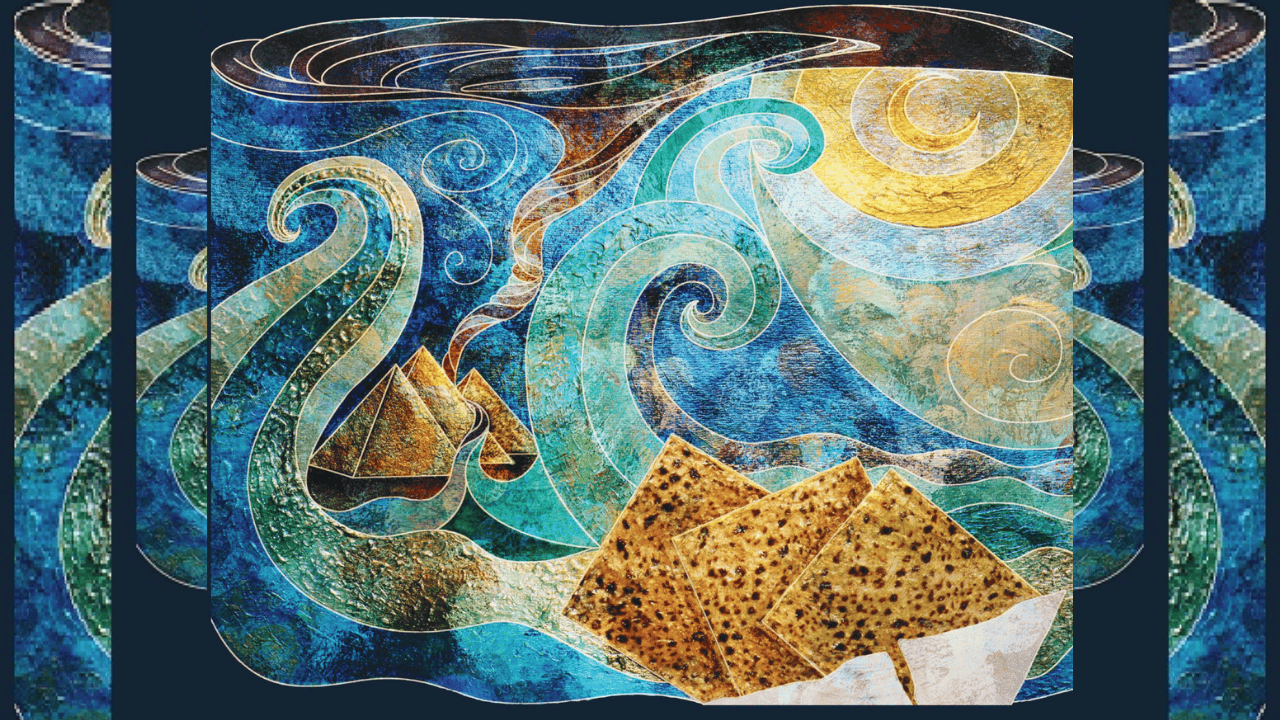Until We Arrive There
After the plague of locusts, the eighth of the ten plagues, negotiations began: “Pharaoh summoned Moses and said, ‘Go! Worship God, but your flocks and your cattle shall be left. Your young children may also go with you.’ But Moses said, ‘You too shall give sacrifices and burnt offerings into our hands, and we will make them for God, our God. And also our cattle will go with us; not a single hoof will remain, for we will take from it to worship God, our God, for we do not know how we will worship God until we arrive there’” (Exodus 10:24-26). Only after the tenth plague, the killing of the firstborn, did all the people of Israel leave Egypt with all their possessions, including many of the riches of Egypt that were given them.
One of the initial ideas taught by the Ba’al Shem Tov and expanded upon further by many Chassidic Rebbes was the importance of serving God in the spirit of spontaneity and not from rote routine. The above words: “for we do not know how we will worship God until we arrive there” is seen as textual support for this idea. Each day is new and thus the way we served God yesterday is not necessarily the way we should approach serving God today.
The Radomsker Rebbe explains the idea that “You too shall give sacrifices and burnt offerings into our hands, and we will make them for God, our God,” in the following manner. When a person first begins to serve God, he or she can actually learn from the zeal and zest of those who follow their animal desires by applying that same type of arousal for serving God. Yet when they mature spiritually, they are able to arouse this kind of passion without taking an example from those who merely use passion to fulfill their physical desires. This is alluded to when God promises to save Israel from Egyptian slave labor. The words for “labor” and “service” are the same in Hebrew. The Radomsker Rebbe interprets this to mean that God will save us from learning from the Egyptians how they serve their gods and we will be free to serve God from our own initiative.
It is interesting to note that one of the reasons the Talmud states that “in the place that a Ba’al Teshuvah [one who returns to Jewish tradition] stands, even a tzaddik [a righteous person] cannot stand” is because they know well from their own lives the unbridled passion for physical desires, but now this very same energy can be transformed and uplifted for holy purposes. Ultimately though, a Ba’alTeshuvah has the potential to awaken their own pure point of being a tzaddik and can unite both of these spiritual levels in a new configuration that transcends each individual aspect.
It is actually stated in the Zohar that when the Mashiach comes, he will return the tzaddikim in teshuvah, as there is something unique and powerful in being able to uplift passion and desire to its highest source in holiness.
In a slightly different perspective, it is stated in the name of Rebbe Shmuel of Slonim that a person should not adopt various superficial methods of arousing themselves until one “arrives there,” meaning one should not employ a type of service of God based on outside appearances or the expected norm, but only if it is a true expression of their inner feelings.
These ideas based on the above verses were among the most important teachings of the Ba’al Shem Tov and their importance is as relevant and vital today as ever.






